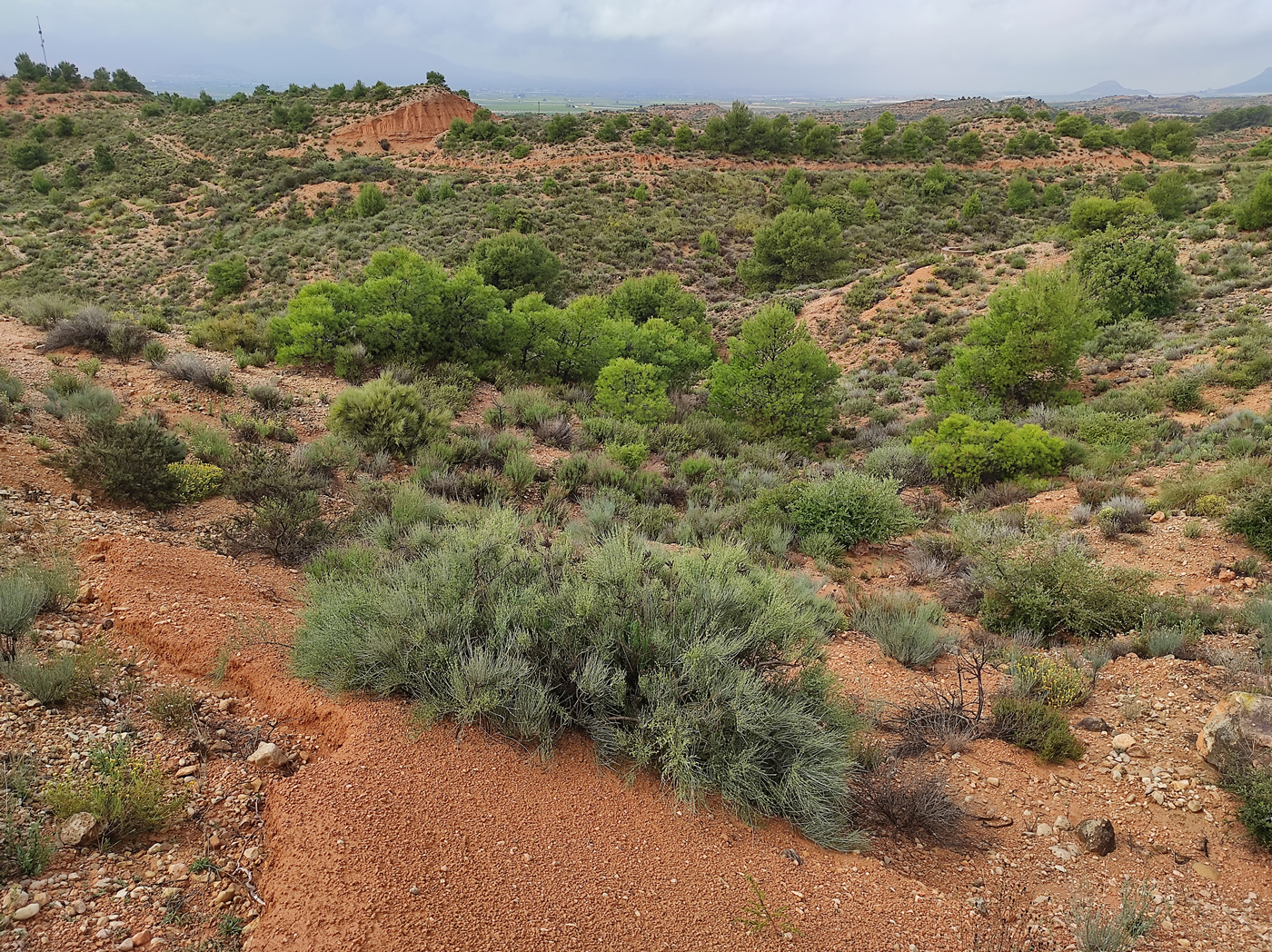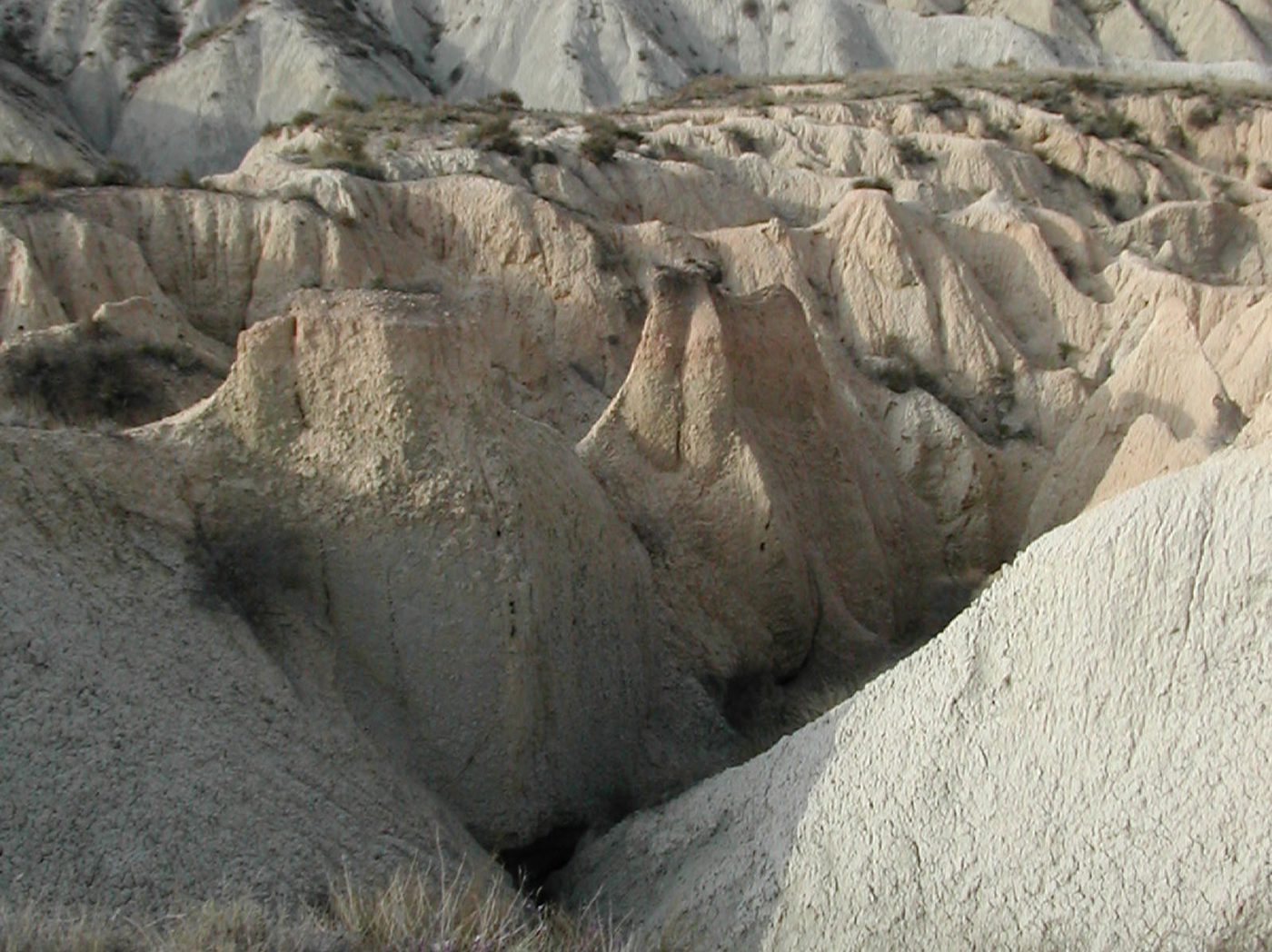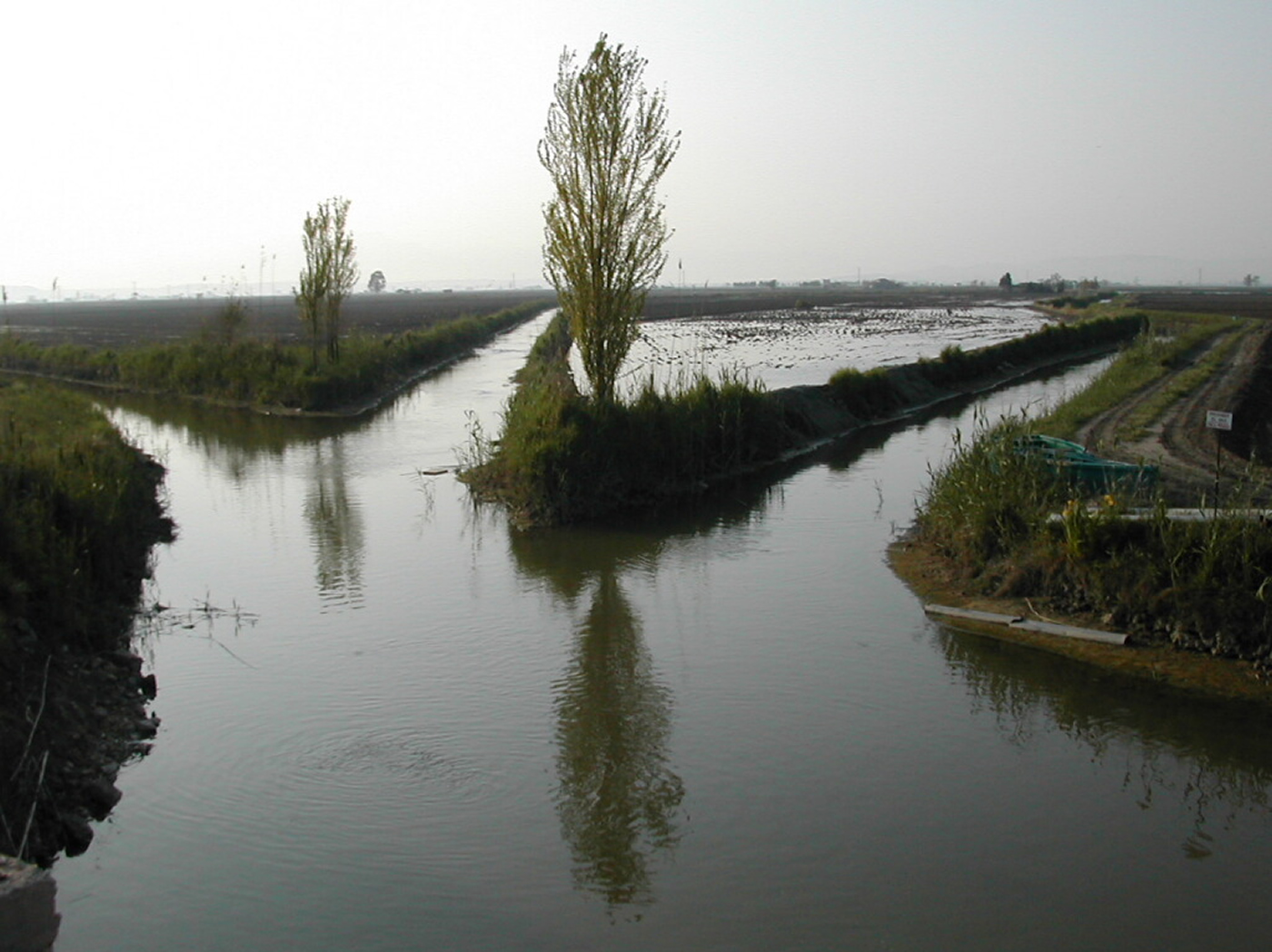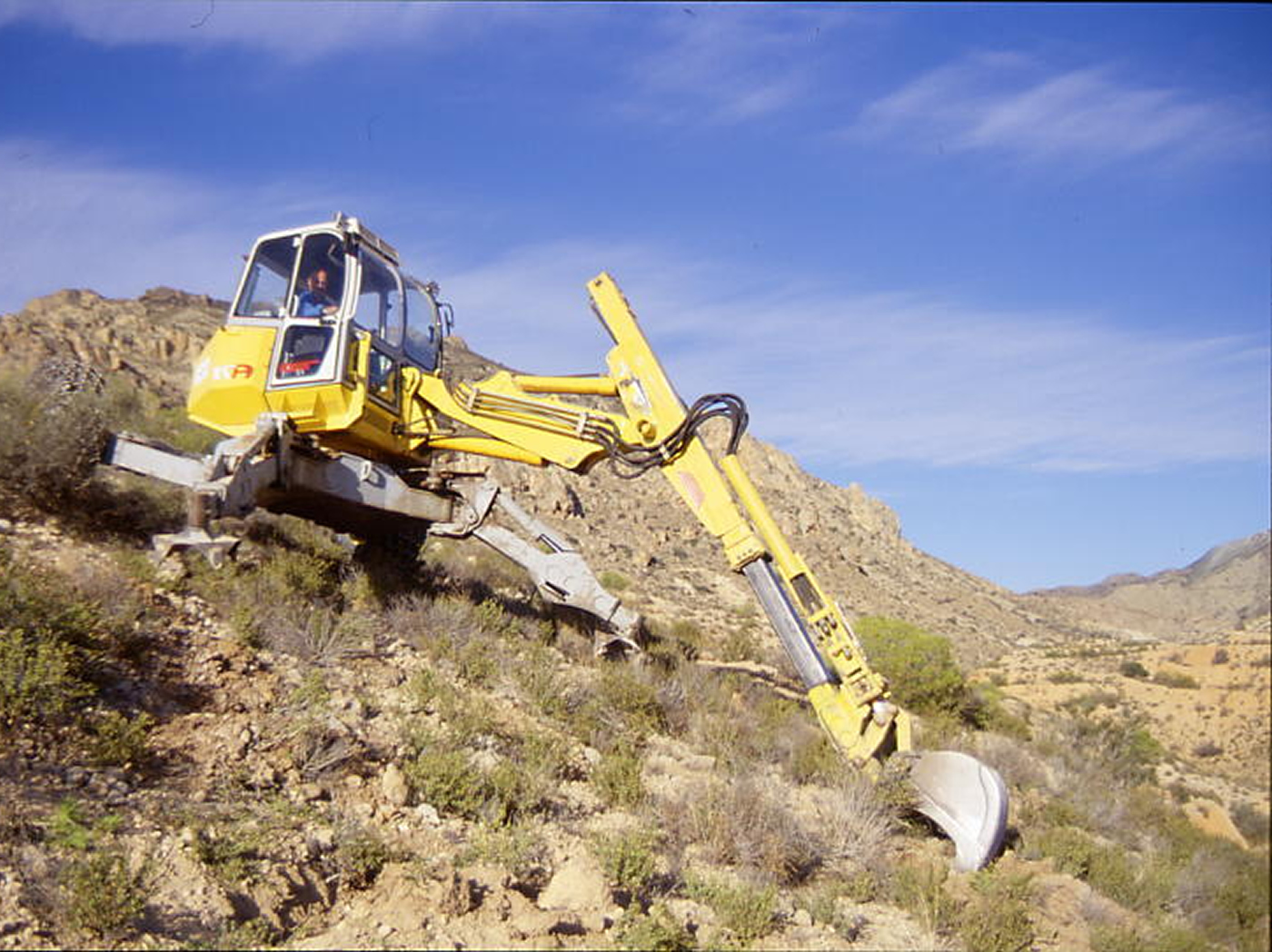



Hosted by Germán López Iborra, University of Alicante
The province of Alicante holds several wetlands of international importance for birds, although their habitats and hydrological functioning have been intensively modified by man for salt extraction, water storage, hunting, fishing or even some sports. Despite these alterations these wetlands hold a large diversity of birds, that include the critically endangered Marbled teal (Marmaronetta angustirostris) and other interesting species such as the White-headed Duck (Oxyura leucocephala), Red Crested Pochard (Netta rufina), Purple gallinule (Porphyrio martinica), Crested coot (Fulica cristata), Greater Flamingo (Phoenicopterus roseus), Squacco Heron (Ardeola ralloides), among others, as wells as waders and a diversity of wintering raptors. Some projects of habitat restoration have been conducted in the last decades and others are on the way. In this trip we will go over two Natural Parks that once were part of a large coastal lagoon. We will visit habitats that have been recently restored and are managed for birds, learning about the complexity of managing Mediterranean wetlands that are subjected to strong anthropic pressure.
Tentative timetable
|
8:45 9.00 |
Meeting time Depart from University of Alicante Campus, Sant Vicent del Raspeig. |
|
9:40 |
Salinas Santa Pola Natural Park. El Pinet salines and dunes |
|
11:40 |
Salinas Santa Pola Natural Park. Salt Museum |
|
13:00 |
Santa Pola lunch |
|
14.00 |
Hondo Natural Park. Riegos de Levante reservoirs |
|
15:30 |
Hondo Natural Park. Restored area El Rincón |
|
16.30 |
LIFE Cerceta pardilla (marbled duck) |
|
18.00 |
Back to University of Alicante |












ALO CONGRESS- VIAJABIEN S.L.
Numancia, 73, 7º C2
08029 - Barcelona (Spain)
Phone: (+34) 933 633 954
secretary@sere2022.org
Payment and invoices
admin@sere2022.org